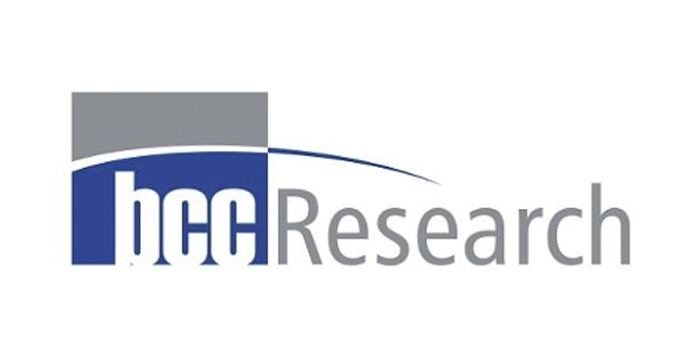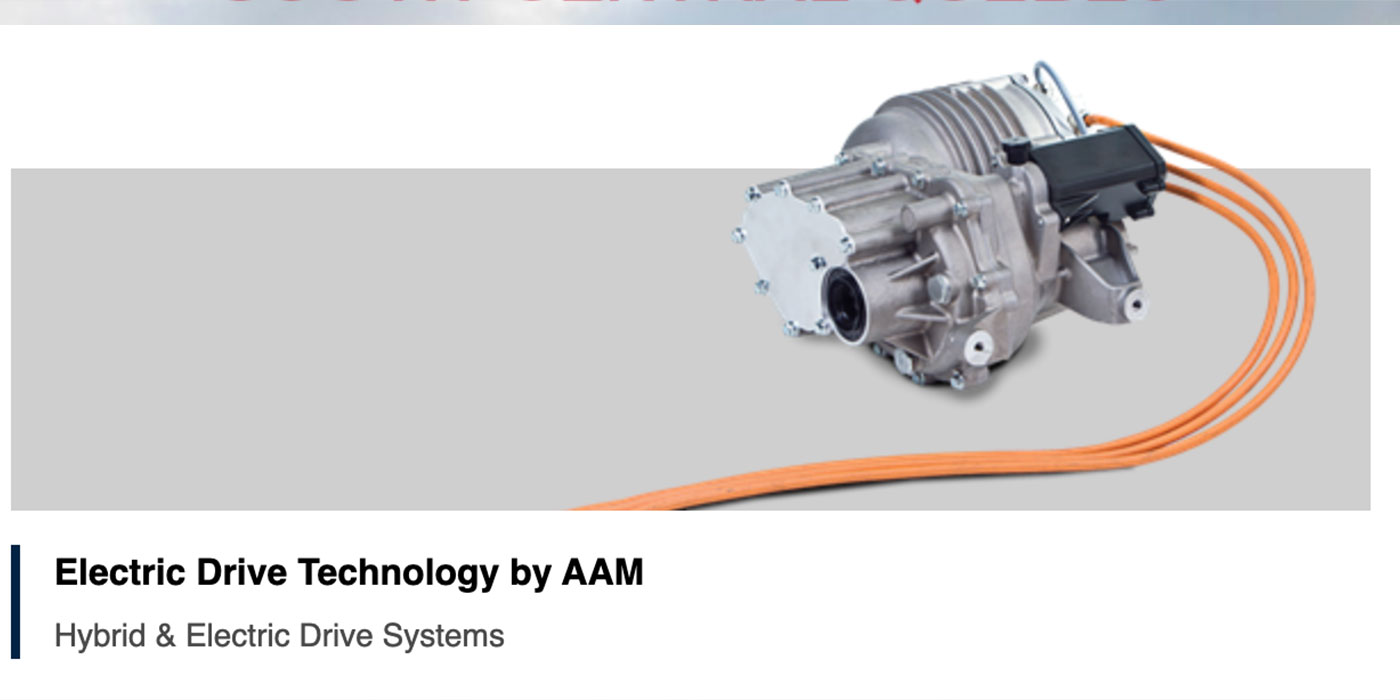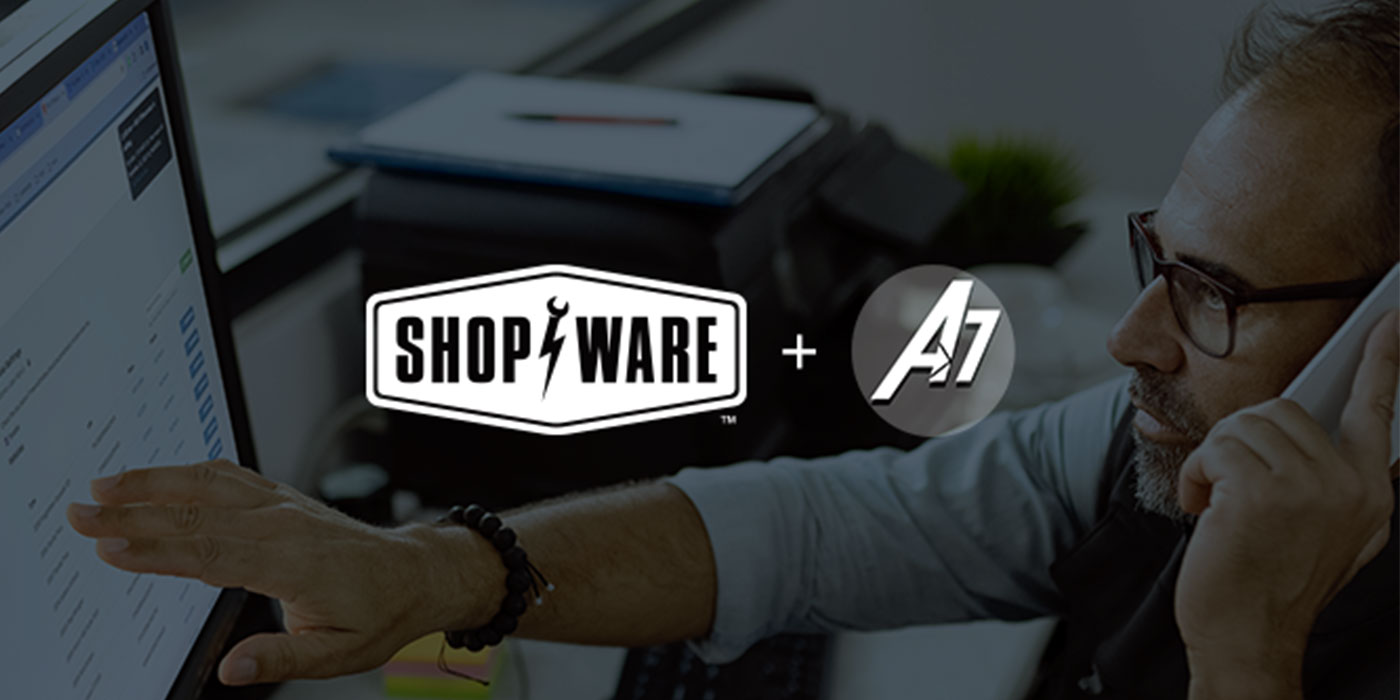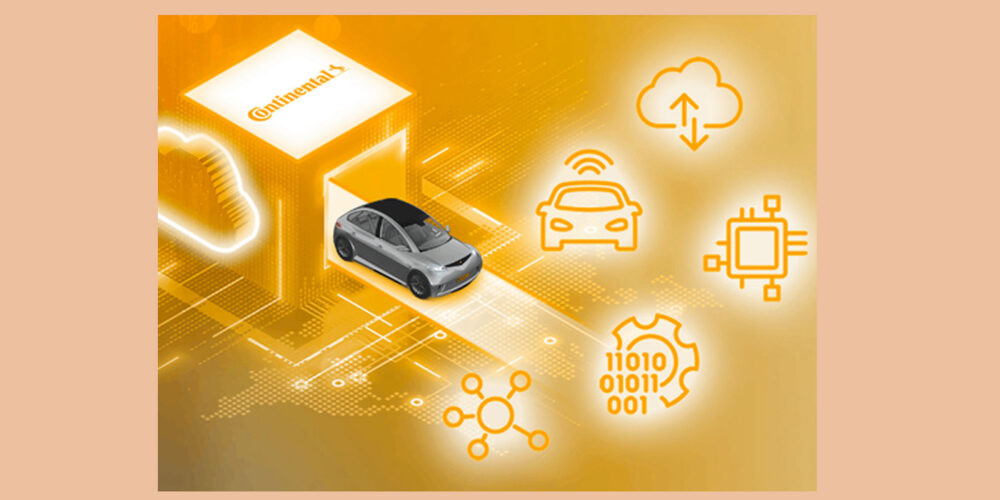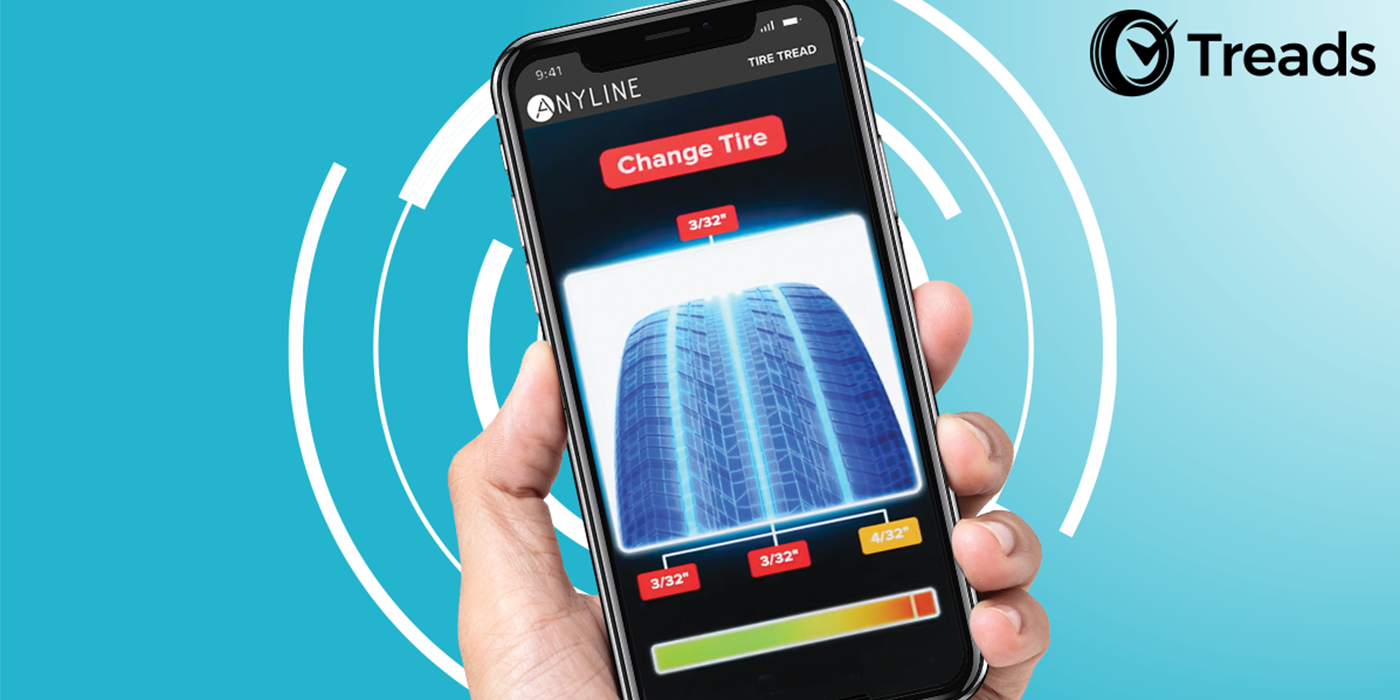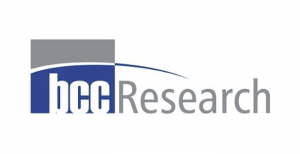 Suppliers of brake friction materials are assuming greater roles in the friction products and materials industry, according to BCC Research. In its new report, the firm anticipates that the development may lead to further consolidations among suppliers, yielding an increase in mergers, acquisitions and joint venture activity.
Suppliers of brake friction materials are assuming greater roles in the friction products and materials industry, according to BCC Research. In its new report, the firm anticipates that the development may lead to further consolidations among suppliers, yielding an increase in mergers, acquisitions and joint venture activity.
For purposes of the report, friction materials are defined as the compounds found in brakes and in clutches designed to transmit torque to a mating surface. The BCC report focuses on composite friction materials like brake blocks made from phenolic resin, or carbon-carbon composites, rather than simple metal or rubber surfaces.
The global friction products and materials market is projected to grow from $18 billion in 2015 to $23.3 billion in 2020, reflecting a five-year compound annual growth rate (CAGR) of 5.3 percent. Both OE and aftermarket ground (or road) transportation applications (light vehicles and medium- and heavy-duty trucks) represent the largest single market for friction materials, generally accounting for 48.4 percent of the total, or about $8.3 billion in 2014.
The overall market for friction products has largely recovered from the recession of 2008 and 2009, although there continue to be areas of depressed demand. During the next five years, the ground transportation segment will experience steady growth in the developed nations, whereas emerging markets like light-vehicle applications should offer key opportunities. The aerospace market is expected to grow, as the rising demand from airlines helps to offset declining expenditures on military aircraft.
Barriers to market entry are moderate, according to BCC. Although most friction material formulations are proprietary, especially in advanced technologies, suppliers of many components generally have ready and equal access to the necessary production equipment and related technologies, which can be obtained through licensing agreements. Basically specialized operations, extensive vertical integration has been unimportant. Although reflecting changes in supplier/OE company relationships, most suppliers reflect forward integration from components supply into systems (or module) supply. Capital costs are moderate in the business.
New product development, marketing and technical servicing are keys to success. Many suppliers compete in the same market segments and corporate recognition and reputation, gained through advertising and promotion, has become an important factor. Most friction materials companies have adopted either a strategy of product differentiation via unique technology or a strategy of focus (market segmentation) usually based on a product type basis.
“Brake friction materials suppliers are taking on a greater role in vehicle design and assembly and value-added features,” says BCC Research Analyst Andrew McWilliams. “This may necessitate global responsibilities, and suppliers will need to continue to remake themselves with new products, technological platforms, skills and competencies. This should lead to further consolidation as suppliers get bigger in order to meet the engineering, design, quality, price and other demands of the automobile companies. Thus, mergers, acquisitions and joint venture activity will increase.”
“Global Markets for Friction Products and Materials” (AVM028G) examines products, applications and materials in light vehicles, medium- and heavy-duty trucks, aircraft, and other industrial applications, as well as potential business opportunities in the future. The report also analyzes key social, political, regulatory and economic issues. In addition, growth drivers, opportunities and revenue projections through 2020 are discussed.

